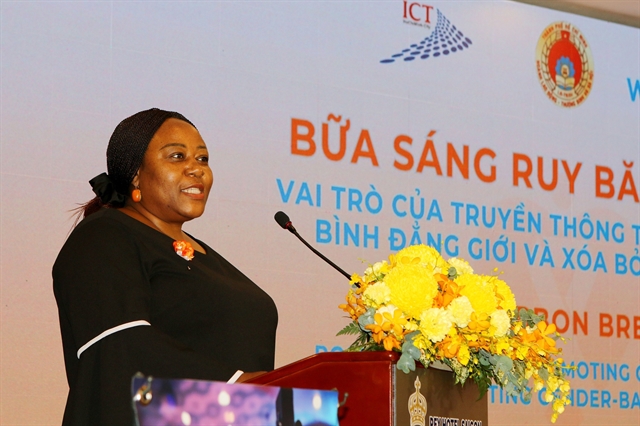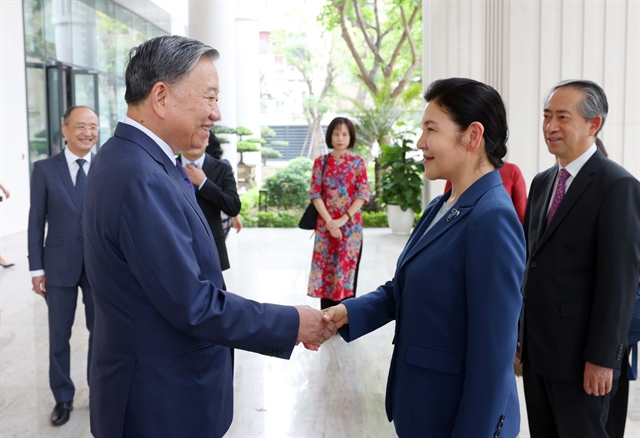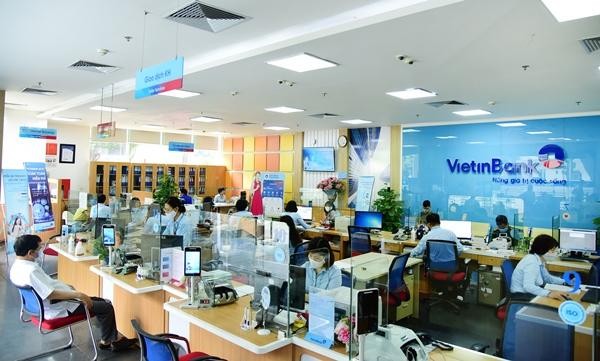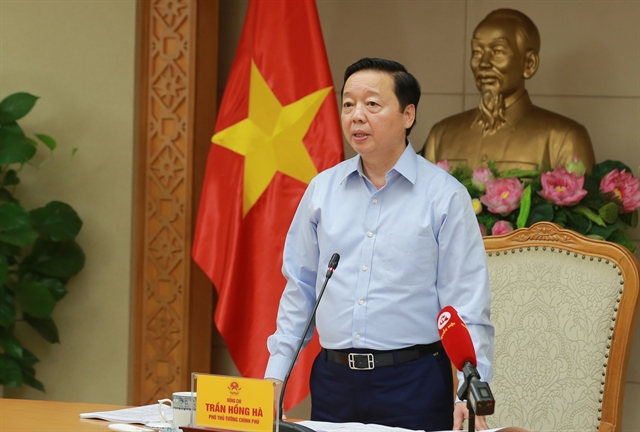 Opinion
Opinion

Trần Văn Tùng, Deputy Minister of Science and Technology tells Tin tức (News) that good intermediaries could facilitate transfer of advanced technology to end users.
 |
Trần Văn Tùng, Deputy Minister of Science and Technology tells Tin tức (News) that good intermediaries could facilitate transfer of advanced technology to end users.
There has been a lot of talk about the need for greater connectivity between scientists and enterprises. Is your ministry doing something to facilitate this?
The 2006 Law on Technology Transfer has boosted technological innovation and transfer in production, which has, in turn, helped increase business competitiveness as well as economic growth. However, the law needs to be adjusted to meet further demands of deepening international integration as well as higher growth.
Of course, not all scientific research work will be transferred to production. The transfer can only happen in favourable conditions or on specific orders. So, if we want to scale up the transfer of new technology into production, we need intermediary agencies. These could be consultancy firms or other agencies. I’m confident that such agencies can be an effective bridge that links scientists with enterprises. At the end of the day, new technologies developed by Vietnamese scientists are aimed at increasing labour productivity and business competitiveness.
Let’s take a real life example. Some scientists have claimed that their research work is worth VNĐ10-20 billion ($448,000-896,000), and that whoever wants to use it, must pay this amount. But the person or enterprise interested in using it says “it’s worth VNĐ1-2 billion” ($44.800 – 89.6000). This is a vast difference in valuation between the developer and the applicant. That’s why we need an intermediary agency to speed up technology transfer between scientists and enterprises.
How should the present Law on Technology Transfer be revised to facilitate the establishment and work of intermediary organisations?
As I understand, the Law on Technology Transfer is being revised and it will have many new provisions.
Over the past 20 years, management agencies have realised the need to create conditions for technology transfer from other countries to Việt Nam as also technology transfer within the country. They’ve also recognised the need for policy incentives that encourage scientists or organisations to devote their hearts and mind to developing technologies that can be pushed into commercial use.
Of course, while we encourage the development of new technologies, we also need to tighten the legal framework on technology imports. We should say "no" to backward foreign technology that negatively impacts our natural environment and the health of our people.
Việt Nam wants to be strong in science and technology. We’re confident that advanced technology will help our enterprises become more productive and efficient, increasing their ability to compete with enterprises in the region and beyond.
I’m confident that the revised Law on Technology Transfer will help speed up the process, and support our efforts to be on a par with other nations.
It is said that Việt Nam’s absorbtion of advance technology is very weak. Can you comment on this?
Technology renewal is a core issue for Việt Nam as it strives to narrow the gap with other nations and become a modern industrial nation by the year 2020. It is high time that Vietnamese enterprises began to apply advanced technology and train their workforce to keep up with the latest developments. This is a matter of life or death for our nation. To achieve this goal, all Vietnamese scientists, managers and policy makers have to adopt new thinking and working styles. — VNS









